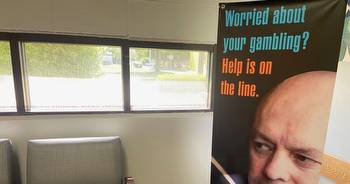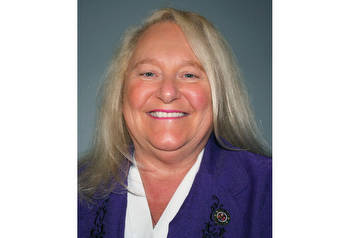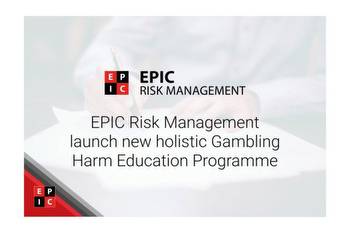Prevention Talk: Online gambling and gaming

March is Problem Gambling Awareness Month, and each year, more and more youth participate in gambling. Both adults and children are at a higher risk of problem gambling each year due to more opportunities for online gambling and gaming. According to NYCPG, over the past 12 months, 39.5 percent of youth ages 12-17 have gambled (2022). While online gambling and gaming may be a fun and risk-free hobby for many adults, these activities can become problematic for youth who cannot control their money spending or time spent gaming. As with other forms of addiction, online gambling and gaming can quickly turn from an occasional activity to an issue that interferes with daily life, finances, and relationships.
Excessive or irresponsible gaming puts youth at risk for trouble with their health from low activity, anger issues, low motivation for school and activities, and puts a strain on relationships. Many games can also lead to financial issues for their families. For example, some in-game items may be exchanged for significant real-world money such as loot boxes, skins, and other random-chance features are considered to have similarities to gambling. Loot boxes range from simple customization options for a player’s avatar or character, to game-changing equipment such as weapons and armor. The journal Frontiers in Psychiatry explains that loot boxes are found in games deemed suitable for youth as young as 8-years-old, and among the top 100 grossing videogames, loot boxes were prevalent, especially on mobile platforms (2021). While people may not consider most games to involve gambling, game developers can disguise gambling as elements of the game experience.
“Pay to win” games and games offering skins, loot boxes, or paid exclusives increase the risk for problem gambling issues. These purchases can begin to add-up and can place people in debt. When left unmonitored, children have made unauthorized purchases. The financial impact of problem gambling and irresponsible gaming can take years to resolve. Knowing this, states are raising awareness and are attempting to regulate online gambling and gaming features such as skins, loot boxes, and pay to win mechanics, especially for youth. However, the most effective method for controlling problem gambling is through education and early support.
The New York State Office of Addiction Services and Supports has opened the 24/7 confidential Hopeline to help people get connected to local services. Anyone can call 1-877-8-HOPENY or text HOPENY (467369) for free support and information. People with gambling problems and loved ones living locally can also contact the Northeast Problem Gambling Resource Center at 518-801-1491 for confidential support and referral to services. People can also call the free and confidential National Problem Gambling Helpline at 1-800-522-4700. Information about problem gambling and support services can be found online on the Problem Gambling page of the New York State Office of Addiction Services and Supports’ website, oasas.ny.gov/problem-gambling. Parents can learn more at Talk2Kids.org. Providers may provide links to online counseling, peer-support chats, educational materials, and virtual communities that may serve as protection against problem gambling.
For additional information about this article or to further discuss community awareness and prevention, contact Twin County Recovery Services, Inc.’s Prevention Department. Please contact Prevention Director Tara VanRoy at tarav@twincountyrecoveryservices.org or 518-943-2036 ext. 3311 with any questions or concerns regarding prevention.
Shannon Richardson, BS is Prevention Specialist at Twin County Recovery Services, Inc. which is a private, not for profit organization incorporated in 1974 and a NYS Office of Alcoholism and Substance Abuse Services agency. Twin County Recovery Services Inc. helps alleviate the devastating effects of substance use disorder in the communities of Columbia and Greene Counties.



































